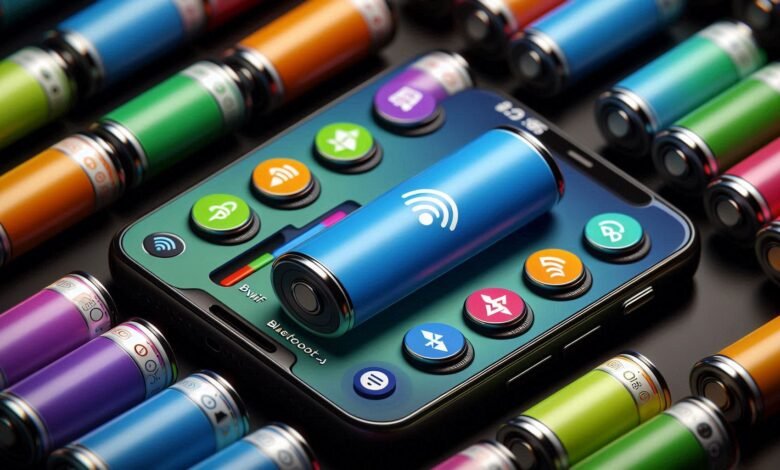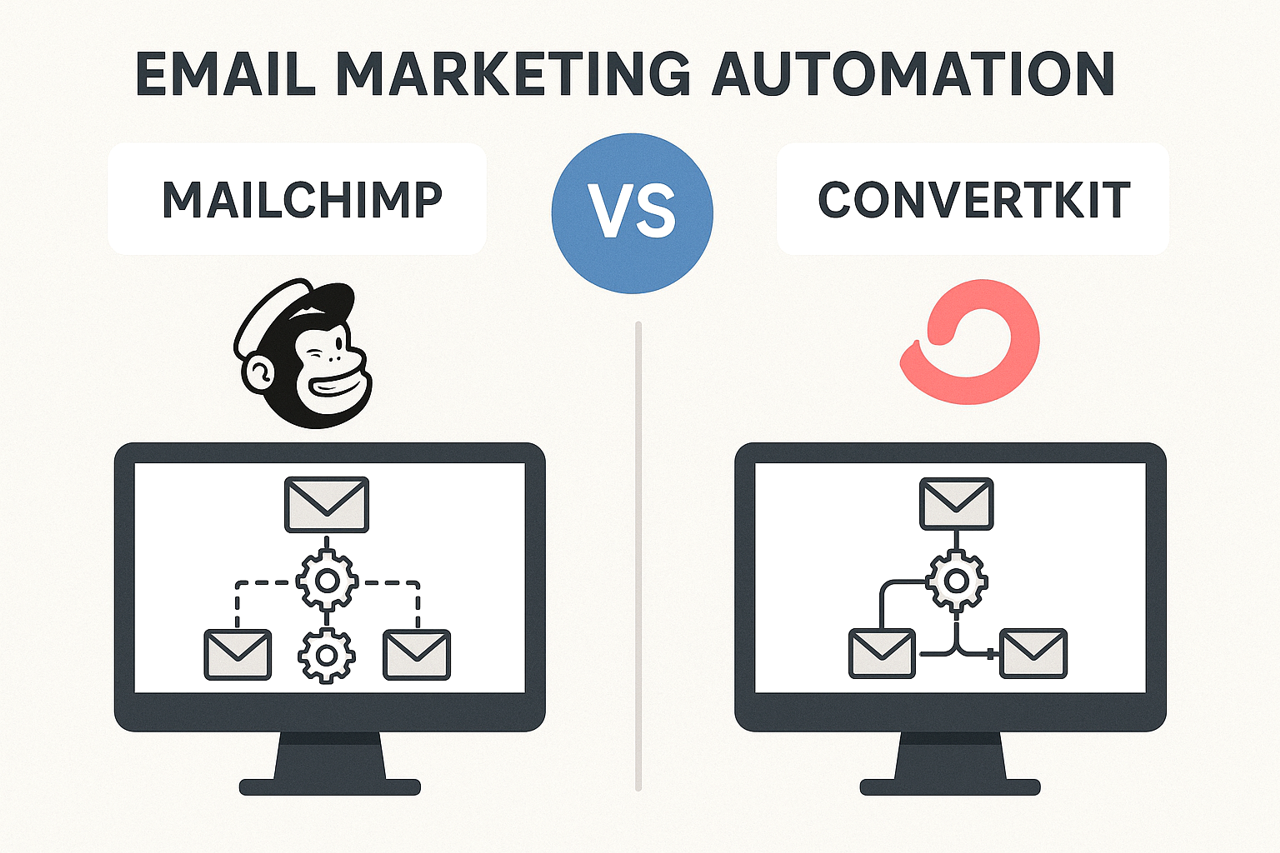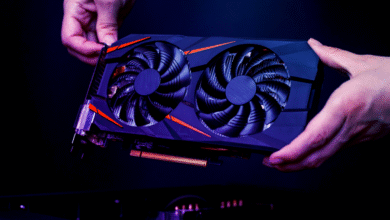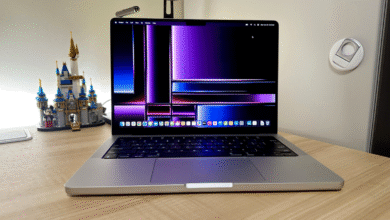
Bluetooth and WiFi are two of the most commonly used wireless features in today’s gadgets. From using wireless headphones to accessing the internet, these features make our lives easier. But there is a debate about Bluetooth: Does it use more battery when WiFi is off? Many believe this, but is it true? Let’s explore the facts.
Understanding Bluetooth and WiFi
Bluetooth Basics
Bluetooth is a short-range wireless technology. It allows devices to connect and share data. Common uses of Bluetooth include:
- Listening to music on wireless headphones or speakers.
- Connecting smartwatches or fitness trackers.
- Sharing files between devices.
- Working with smart home devices.
Bluetooth today is much better at saving power compared to older versions, especially with Bluetooth Low Energy (BLE).
WiFi Basics
WiFi connects devices to the internet. It is used for:
- Browsing websites.
- Watching videos or listening to music online.
- Downloading apps and updates.
- Communicating between devices on the same network.
WiFi generally uses more power than Bluetooth because it handles more data.
How Bluetooth and WiFi Affect Battery
When Both Bluetooth and WiFi Are On
Devices can run Bluetooth and WiFi together without a big impact on battery life. They work on different frequencies and are designed to avoid interfering with each other.
When WiFi is Off
If WiFi is off, Bluetooth works as usual. It does not suddenly use more power. However, some tasks like file transfers might use a bit more energy.
Power Use in Different Bluetooth States
- Idle: When Bluetooth is on but not connected, it uses very little battery.
- Connected but Not Active: A paired device that is not in use still consumes minimal power.
- In Use: Streaming music or sending files uses more power, but modern Bluetooth versions handle this efficiently.
Also Read: Aux or Bluetooth: Which is Better?
Common Myths and Truths
Myth 1: Bluetooth Uses More Battery Without WiFi
Truth: Bluetooth and WiFi work separately. Turning off WiFi does not make Bluetooth use more power.
Myth 2: Bluetooth Always Uses More Power Than WiFi
Truth: WiFi often uses more power because it sends and receives more data.
Myth 3: Keeping Bluetooth On Drains the Battery Fast
Truth: Modern devices manage Bluetooth well. Keeping it on does not drain the battery significantly.
Facts About Bluetooth Power Use
- Low Energy Mode: BLE is designed to use very little power.
- Efficient Devices: Newer devices are better at managing Bluetooth power.
- Active Use: Streaming or transferring files affects battery more than idle states.
Tips to Save Battery
To make your battery last longer:
- Turn off Bluetooth when you don’t need it.
- Disconnect devices you are not using.
- Use BLE-compatible gadgets for less power use.
- Keep your device software updated.
- Avoid heavy tasks like file transfers over Bluetooth.
Comparing WiFi and Bluetooth
Bluetooth Only
When only Bluetooth is on, battery use depends on the activity. For example, using wireless earbuds uses less power than WiFi-based tasks like watching videos.
WiFi Only
WiFi uses more battery, especially for streaming or downloads. It uses less power in idle states.
Both On
Devices are built to handle Bluetooth and WiFi together without big battery impacts.
Conclusion
Bluetooth’s effect on battery depends on how you use it. The idea that it uses more power without WiFi is mostly false. By understanding how Bluetooth works, you can make smart choices to save battery.
Modern Bluetooth technology and power-saving features make it easy to enjoy wireless convenience without worrying too much about battery life.
FAQs
Should I Turn Off Bluetooth When Not Using It?
Yes, but the effect on battery is small.
Does WiFi Use More Battery Than Bluetooth?
Yes, especially during heavy tasks like streaming or downloading.
What Is Bluetooth Low Energy?
It is a version of Bluetooth that uses very little power, ideal for gadgets like fitness trackers.






